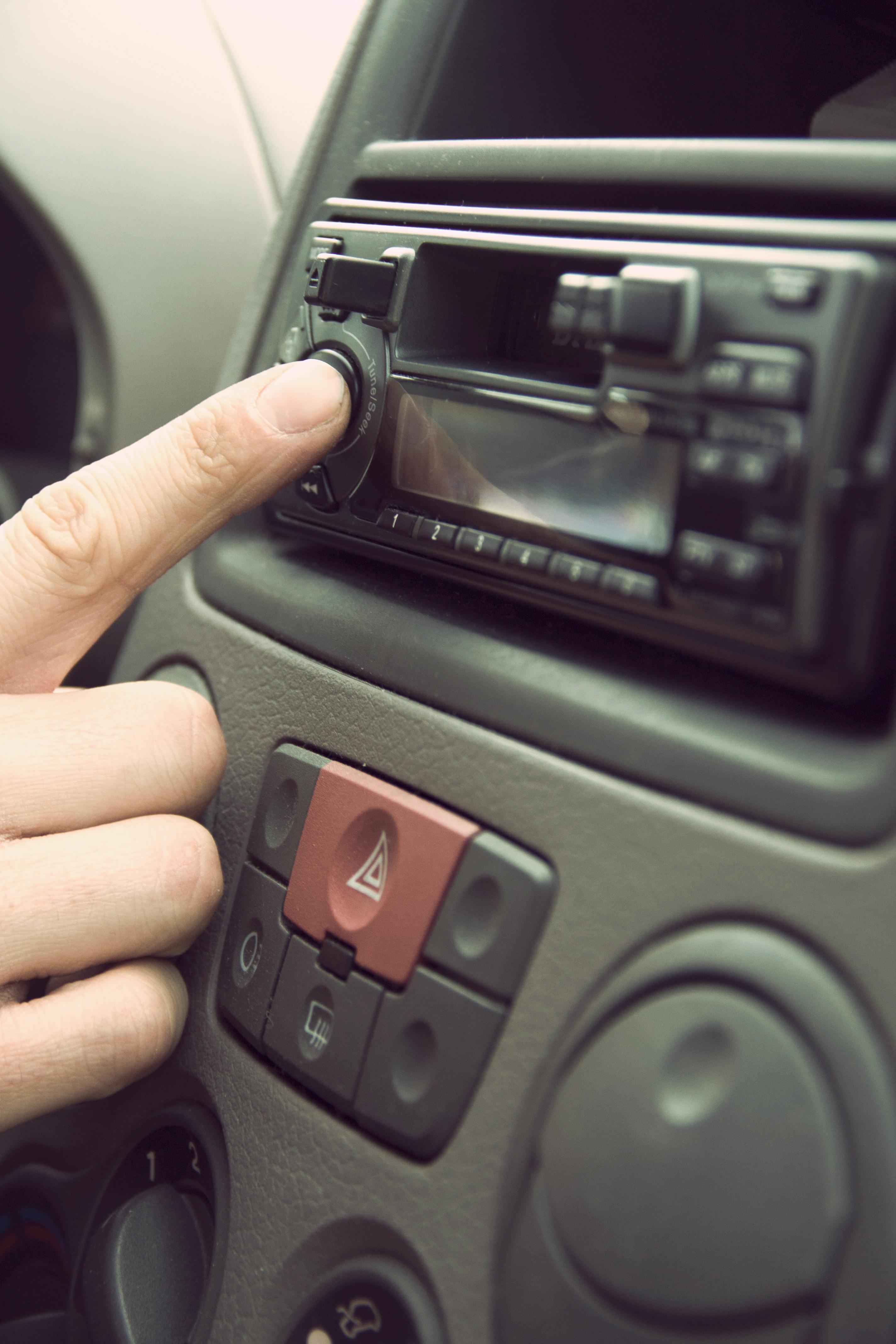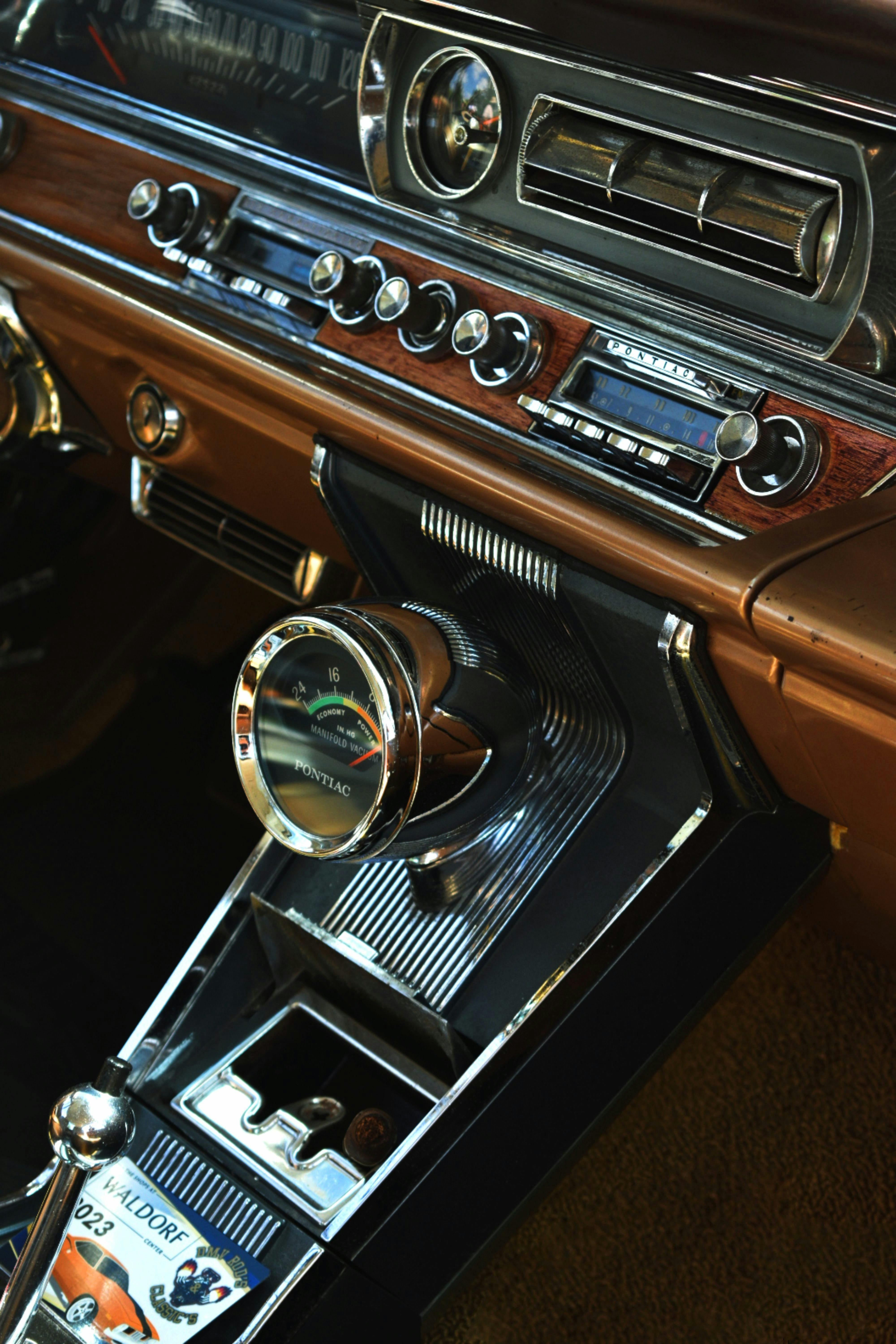Listening to music can have a calming effect on drivers and potentially help with managing road rage. A study conducted by Phillips Research Laboratories and Stanford University found that switching from upbeat to softer music can have a mellowing effect on drivers, reducing stress levels and leading to fewer driving mistakes.
However, it’s important to note that the type of music matters. Aggressive or fast-paced music might increase excitement, leading to decreased control and higher speeds, while music with violent content can induce more aggressive driving behaviours. Therefore, choosing the right type of music is crucial for it to be effective in combating road rage.
 (AI generated image)
(AI generated image)
To leverage music to reduce road rage, drivers should:
* Opt for calming or classical music that can help maintain a peaceful mood.
* Avoid loud and aggressive music genres that could exacerbate stress or anger.
* Use music as a background element rather than a primary focus to avoid cognitive distraction.
Music has a profound impact on driving behaviour, influencing various psychological and physiological aspects of drivers. The relationship between music and driving behaviour is complex and multifaceted, with research indicating both positive and negative effects.

Need to CHANGECARS? Check out our extensive listings that will be music to your ears.
Affective Impact: Music can significantly affect the mood of drivers. A positive mood induced by music can lead to more enjoyable and relaxed driving experiences. However, music that evokes strong emotions, whether positive or negative, can also lead to distraction. For instance, music that a driver finds particularly moving or upsetting may divert their attention away from the road.
Behavioural Responses: The tempo and rhythm of music can influence driving speed and style. Fast-paced music may encourage drivers to speed up, potentially leading to unsafe driving behaviours.
Conversely, calm and soothing music might promote a more conservative driving style. Additionally, music can serve as a companion during long drives, reducing feelings of loneliness or boredom, which can be beneficial for maintaining alertness.
Cognitive Effects: Listening to music can occupy cognitive resources that would otherwise be dedicated to driving. This can be particularly problematic in complex driving situations that require full attention. On the other hand, familiar music might require less cognitive effort, allowing drivers to focus better on the driving task.
 Physiological Reactions: Music can influence physiological responses such as heart rate and respiration. Calm music might lower respiration rates, which can have a calming effect on the driver. However, loud music or music with a fast beat could increase arousal levels, potentially leading to more aggressive driving behaviours.
Physiological Reactions: Music can influence physiological responses such as heart rate and respiration. Calm music might lower respiration rates, which can have a calming effect on the driver. However, loud music or music with a fast beat could increase arousal levels, potentially leading to more aggressive driving behaviours.
Moderating Factors: Several factors can moderate the effects of music on driving behaviour. These include the driving environment (urban vs. highway), the driver’s personality and mood, the volume of the music, and whether the music includes lyrics. Drivers might choose different types of music depending on the driving context to optimize their alertness and enjoyment.
Educational Implications: Especially for younger drivers, there is a need for education on how to select music that can enhance driving safety rather than detract from it. Drivers should be aware of the potential risks associated with listening to music while driving and make informed choices about their in-vehicle music selections.
 Here are some strategies to help you minimize musical distractions:
Here are some strategies to help you minimize musical distractions:
* Pre-Select Your Playlist: Choose your music before starting your journey. This prevents the need to browse through songs or change stations while driving, which can be a significant distraction – all made so much easier with Apple CarPlay and android Auto so need to fumble around changing CD’s or tapes (remember tapes!).
* Keep the Volume Moderate: Listening to music at a high volume can prevent you from hearing important sounds from your surroundings, such as sirens or car horns. Keep the volume at a level where you can still be aware of external noises2.
* Do Not Drive with Headphones: It’s unsafe and often illegal to drive with headphones as they can isolate you from the sounds of the traffic and emergency vehicles.
* Set Devices to ‘Do Not Disturb’: If your music is playing from a phone or another smart device, set it to ‘Do Not Disturb’ mode to avoid notifications and calls that can interrupt your driving concentration.
Great road trip songs:
- 'Born to Run' by Bruce Springsteen
- 'Little Red Corvette' by Prince
- 'Here I Go Again' by Whitesnake
- 'Where the Streets Have No Name' by U2
- 'Love Shack' by the B-52s
- 'Sweet Home Alabama' by Lynyrd Skynyrd
- 'I Drove All Night' by Cyndi Lauper
- 'Fast Car' by Tracy Chapman
- ‘On the Road Again’ by Canned Heat
- ‘Radar Love’ by Golden Earring
Colin Windell
Proudly CHANGECARS











